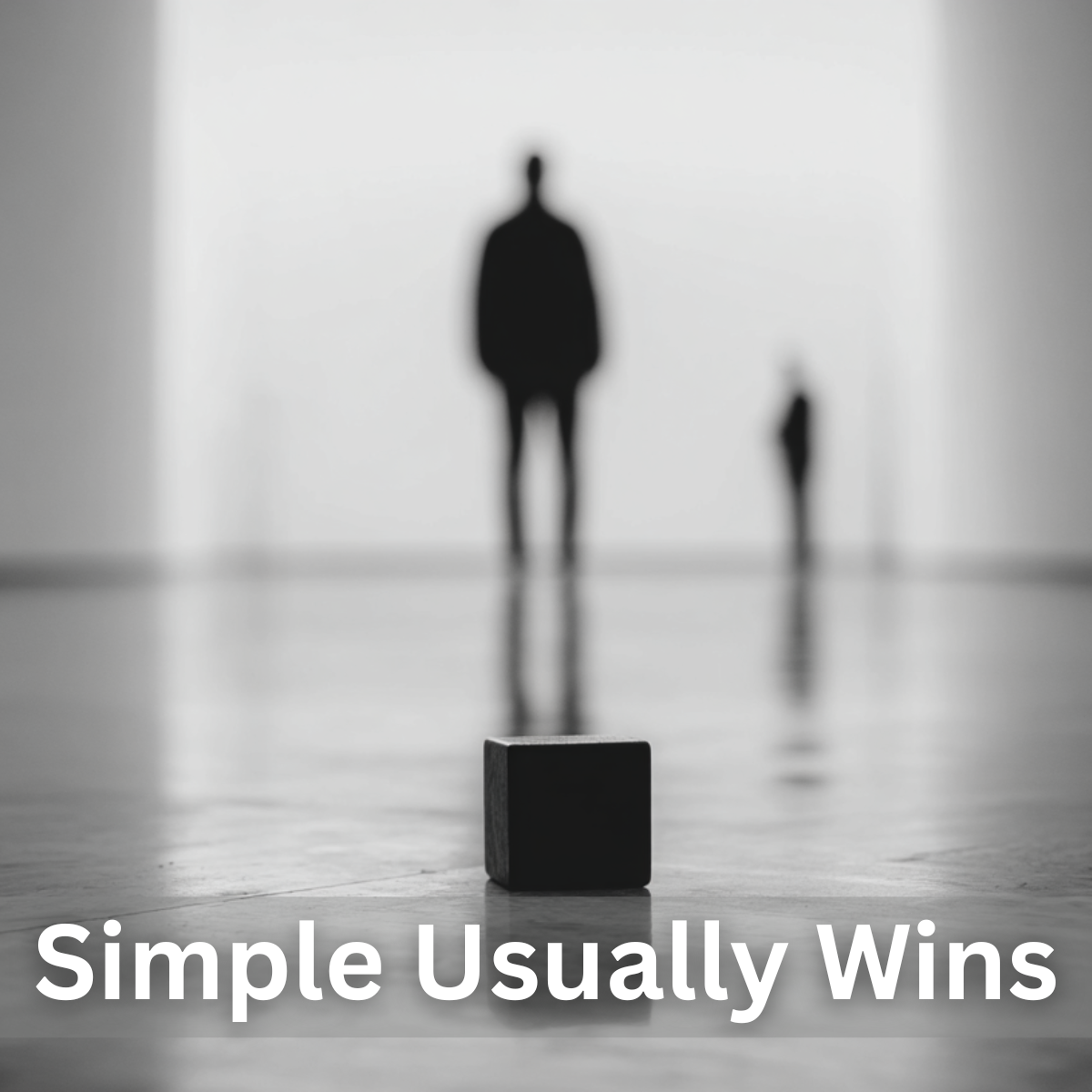Jim Rohn, before he passed away, ran these seminars where he would talk about the habits of the wealthy. One of this concepts was to talk about time management. He would frequently refer to this concept of “do not major in minor things.”
Effectively what he was referring to was that many of us spend a majority (major) of our time doing minor things, or things that do not really move us toward our goal. The example he would always use is the salesperson. A sales person is easily victim to this challenge. They find themselves spending all their time doing things like building lists, thinking about prospects, creating plans and books on prospects, driving to see the prospect, evaluating how things went with the prospect, answering messages from anyone other then the prospect. All of these things are minor, they do not significantly get a sales person toward their goal. They maybe necessary, but they are indeed minor.
The major thing for a sales person to consider is time in the presence of the prospect. That is major time. The more time you spend doing major things like that, the more money you will make. Simple. Spend Major Time on the Major Thing. If you are a salesperson and you look back at your week and you discover that you spent very little time doing the major thing – then it is time to reevaluate!
This of course applies to any career, any profession, any goal or plan. Every ambition has a major thing, perhaps two. There is always a core activity which is the most important. Think of a sport like soccer, football, or rugby. All of them have the identical major ambition. Advancing the ball toward the goal. The more time you spend advancing the ball, the greater likelihood you win. Now sure, any coach will tell you there there are many minor things to worry about along the way, but if a team forgets the major thing – they just will never win.
Neither will you if you do not focus on the major. You day, your week should be filled with the major activity. Everything else should be secondary. If you do not have time to get to everything, the the things that should suffer are the minor things and not the major one. This by the way is the definition of maturity. Your ability to see what the most important thing is for you to do, rather then trying to do everything and failing anyway.
This is what separates success from failure. The ability to identify good goals, but then and more importantly, having the maturity to focus your time on the major activity. Do not fall into the trap of putting your major time in minor things. It is OK if you fail to get to the minor things today, no one is going to care anyway. However, people notice when you do not get to the major things – because that is what causes you to fail.
Guy Reams (564)



